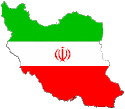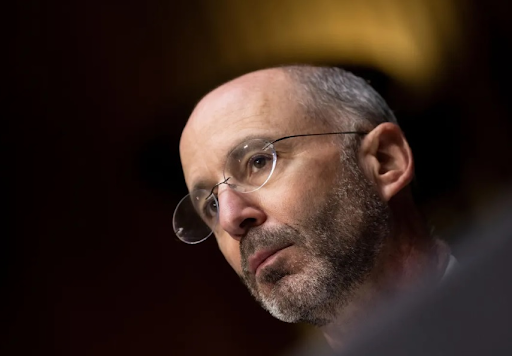
Iran’s elections: Change brings new opportunities for Iran's new president--Masoud Pezeshkian
Foreground:Mere weeks after the tragic death of several Iranian officials including the president, Iran managed to elect a new president, while a caretaker government was...




































